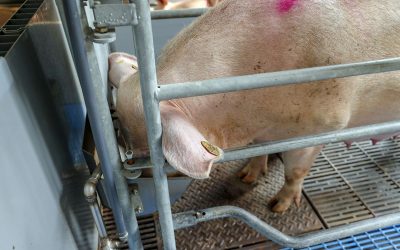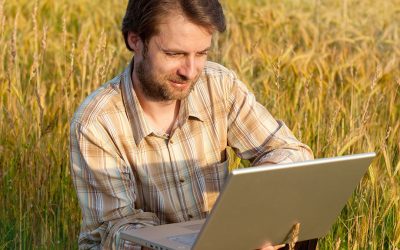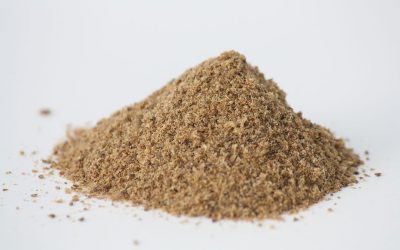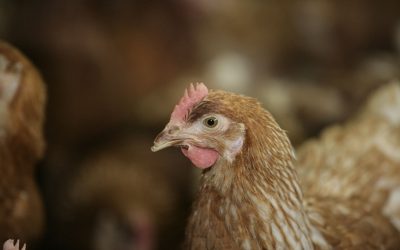Insects in feed: new insights published
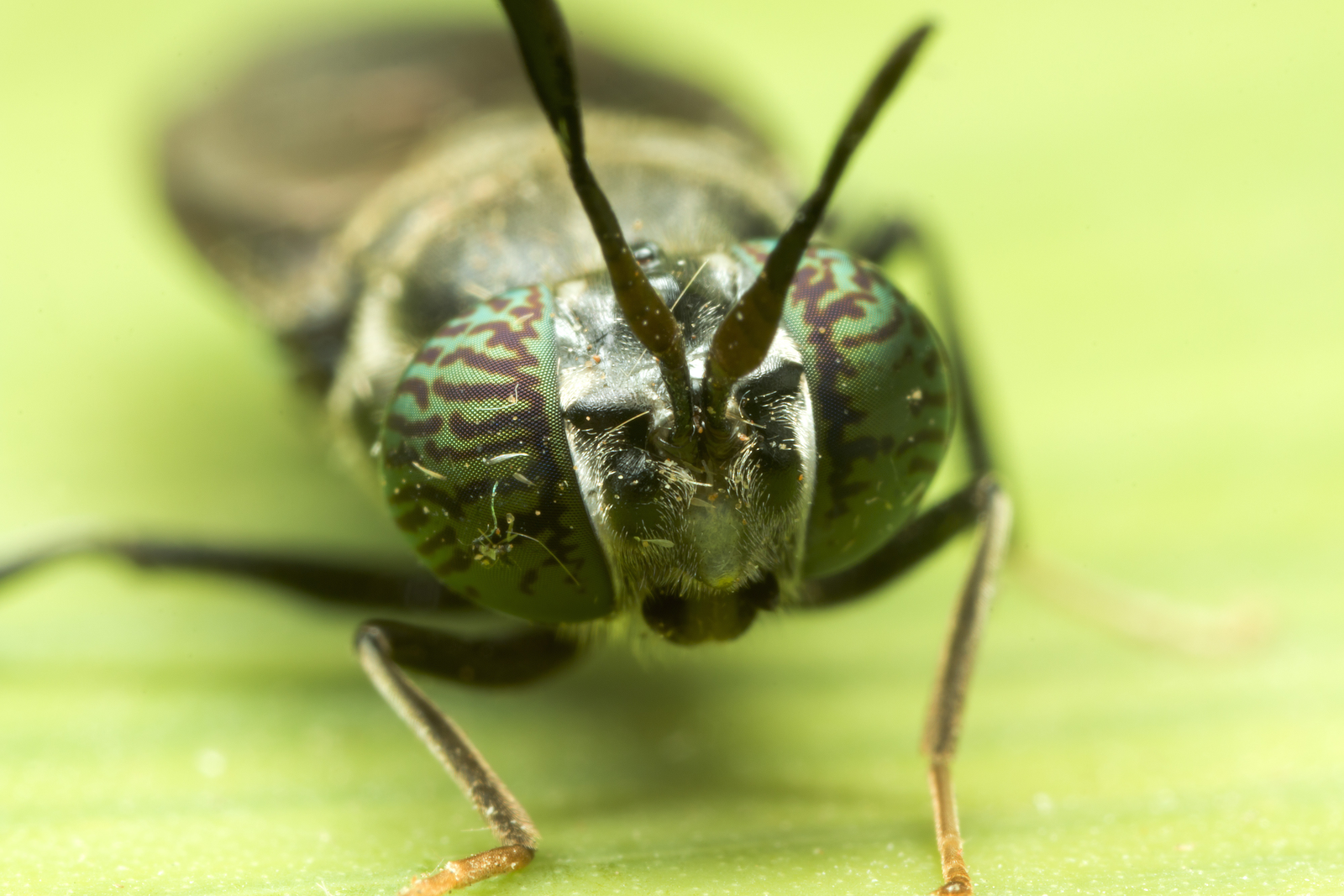
The EC-funded PROteINSECT project has today released an up-to-date review and analysis of the current status of insects as a viable, sustainable, additional source of protein for use in animal feed in Europe.
The report is endorsed and supported by Hanover University of Veterinary Medicine, European Reference Laboratory for Animal Proteins (EURL-AP), Waste & Resources Action Programme (Wrap), Metro Group (European Supermarket) and the Food Standards Agency (UK). The report includes the efforts and insights PROteINSECT gained, including the advantages of an insect based protein source and current key barriers to its adoption at scale.
Expert views and analyses
Today’s report – entitled PROteINSECT Consensus Business Case Report ‘Determining the contribution that insects can make to addressing the protein deficit in Europe’ and published on the project website – pulls together a range of expert viewpoints and analyses based on newly-available material and some from the public domain. It was researched, collated and authored by PROteINSECT partners to provide an up-to-date review and interpretation of information available around the potential of insects to help meet the growing demand for non-imported protein sources in Europe and, more widely, to help address the global challenge of future food security.
Why are insects not allowed in livestock feed in Europe? Read the Whitepaper on this topic, published by All About Feed.
EFSA opinion insects expected in September
Future food security is already a priority item on the agenda of the European Parliament, which adopted a resolution to address the EU’s protein deficit, stating that urgent action is needed to replace imported protein crops with alternative European sources. And this September, the European Food Safety Authority (EFSA) will publish ‘an initial scientific opinion on the safety risks arising from the production and consumption of insects as food and feed’ relative to such risks posed by the use of other protein sources for human food or animal feed (including fish). According to PROteINSECT, consumers are willing to consume food from animals that received insects in the feed, as long it is mentioned on the food label, according to the majority.
New feeding trials in 2015
PROteINSECT will continue its work in the coming years in the field of safety of insects in feed and finding the best rearing and processing methods. In 2015, fish, poultry, and pig feeding trials are being conducted in 2015 in Europe (Belgium and UK) based on PROteINSECT UK derived insect protein whereas, fish and chicken feeding trials will be conducted in China, Mali and Ghana with insect protein being sourced from PROteINSECT partners within each country.




